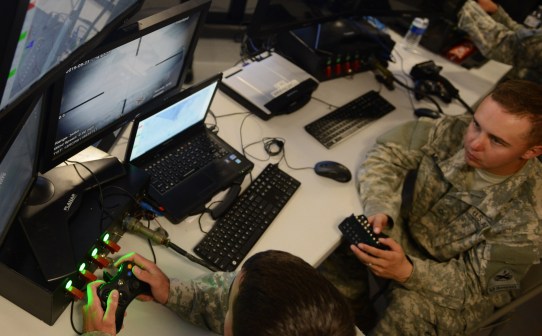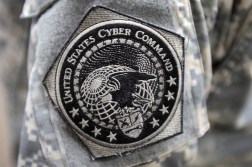Why John McCain wants to block a status upgrade for Cyber Command

Sen. John McCain, R-Ariz., said Tuesday that he plans to block any potential move by the Obama administration to separate Cyber Command, the U.S.’ cyber warfare unit, from the National Security Agency.
McCain, chairman of the Senate Armed Service Committee, said in a hearing he does not approve of “rushing” an important decision while in the waning months of President Barack Obama’s tenure. McCain promised to block any nominee who would not oversee the two organizations simultaneously.
“I do not believe rushing to separate the ‘dual hat’ in the final months of an administration is appropriate, given the very serious challenges we face in cyberspace,” McCain said, referencing the shared leadership structure employed between the two organizations.
Current NSA director and head of Cyber Command Adm. Mike Rogers told the Senate Armed Services Committee that he would not change, at least for the moment, the current “dual hat” arrangement. In the past, Rogers has said that Cyber Command should ultimately become a unified combatant command and be led by independent leadership in the future — though never specifying timeline to do so.
NBC News, citing unnamed U.S. officials, reported last week that Defense Secretary Ash Carter and Director of National Intelligence James Clapper are behind a White House plan to elevate Cyber Command to the combatant command status.
Meanwhile, current White House Cybersecurity Coordinator Michael Daniel left the door open to a reclassification effort before the end of the Obama administration, last month, in comments to FedScoop.
During the Tuesday hearing on Capitol Hill, McCain demanded to see the administration’s reorganization proposal while also lecturing the White House for leaking related plans to the press.
Separating Cyber Command from the NSA via a reclassification to a unified combatant command has long been expected by officials at Fort Meade, experts say.
If Cyber Command were to become a unified combatant command it would operate on equal footing with the likes of U.S. Strategic Command, giving it an increased budget and elevated operational authority to conduct missions, globally.






